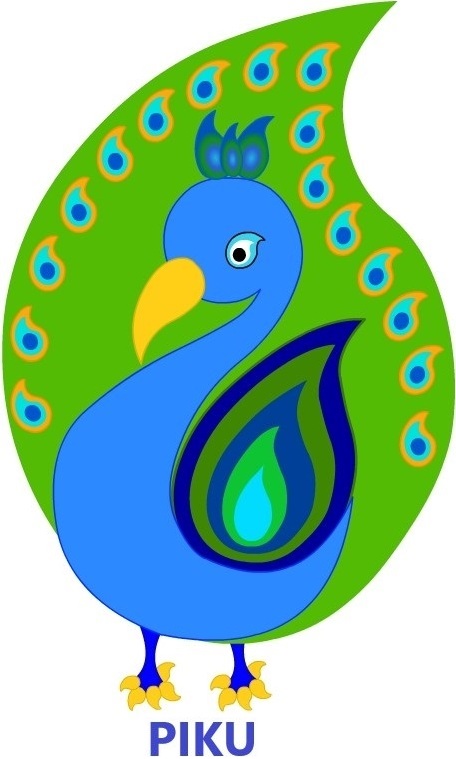National Water Mission (NWM) Collaboration with WALMIs /Irrigation Research Institutes
Introduction: Water, land and soil are integral parts of the environment that need to be conserved and efficiently managed to enhance productivity, achieve economic growth and promote environmental quality. With the ever increasing population, there is a need to enhance agricultural productivity with scientific management of water, land and soil. An integrated approach in sustainable development and management of water and land resources is, hence necessary for success in State’s efforts to alleviate poverty, food security and mitigate hardships of the people. Water and Land Management Institutes (WALMIs) were established in most of the states during 1980s. NWM envisages to collaborate with WALMI/Irrigation Research Institute for undertaking research, training/capacity building for enhancing Water Use Efficiency (WUE) in irrigation sector. Following are the 16 WALMIs/Irrigation Research Institutes:
List of WALMIs / Irrigation Research Institutes in India
1. Water and Land Management Institute, Auranngabad
2. Water and Land Management Institute, Bhopal
3. Water and Land Management Training and Research Institute (WALAMTARI), Hyderabad
4. Indian Institute of Water Management (IIWM), Bhubaneshwar
5. Water and Land Management Institute, Patna
6. Water and Land Management Institute, Anand
7. Water and Land Management Institute, Cuttack
8. Water and Land Management Institute, Kota
9. Water and Land Management Institute, NOIDA
10. Irrigation Management and Training Institute, Tiruchirapalli
11. Water and Land Management Institute, Lucknow
12. Water and Land Management Institute, Dharwad
13. Haryana Irrigation Research and Management Institute, Kurkshetra
14. North Eastern Institute for Water and Land Management, Tezpur
15. Centre for Water Resources Development and Management, Kozikode
16. Irrigation and Power Research Institute, Amritsar
Collaboration Activities:
• Training / Capacity Building / Mass Awareness Programmes: During the past two years, the National Water Mission (NWM) has been sponsoring some of the WALMIs/Irrigation Research Institutes for conducting training/capacity building/mass programmes on water management and water use efficiency in irrigation. NWM is in the process of finalizing guidelines for supporting HRD/training/capacity building/sensitization/mass awareness programmes in all these institutes under Goal-II. The Regional Convention on Participatory Irrigation Management (PIM) for Water Users Association’s (WUA) Presidents was held in association with WALMI, Aurangabad for States in the western Region during 08-09 January 2016.
• Base Line studies for Improving WUE in Irrigation Sector: Baseline studies are being carried out to analyse the current situation of irrigation projects at its initial stage. It envisages the beginning of a project to establish the current status before a project proposal is formulated. The Food and Agricultural Organization defines a baseline study as “a descriptive cross-sectional survey that mostly provides quantitative information on the current status of a particular situation on whatever study topic in a given scenario which aims at quantifying the distribution of certain variables at one point in time”.
Five Major-Medium Irrigation Projects (Pahumara in Assam, Loktak in Manipur by NEERIWALM- Tezpur, Rallapadu in Andhra Pradesh, Peddavagu in Telangana by WALAMTARI-Hyderabad and Arunavati in Maharashtra WALMI- Aurangabad in Phase-I have been undertaken. Sixteen Baseline studies for Irrigation Projects under Phase-II have also been approved in States of Assam, Maharashtra, Telangana and Andhra Pradesh in association with NERIWALM-Tezpur, WALAMTARI-Hyderabad and WALMI-Aurangabad.










